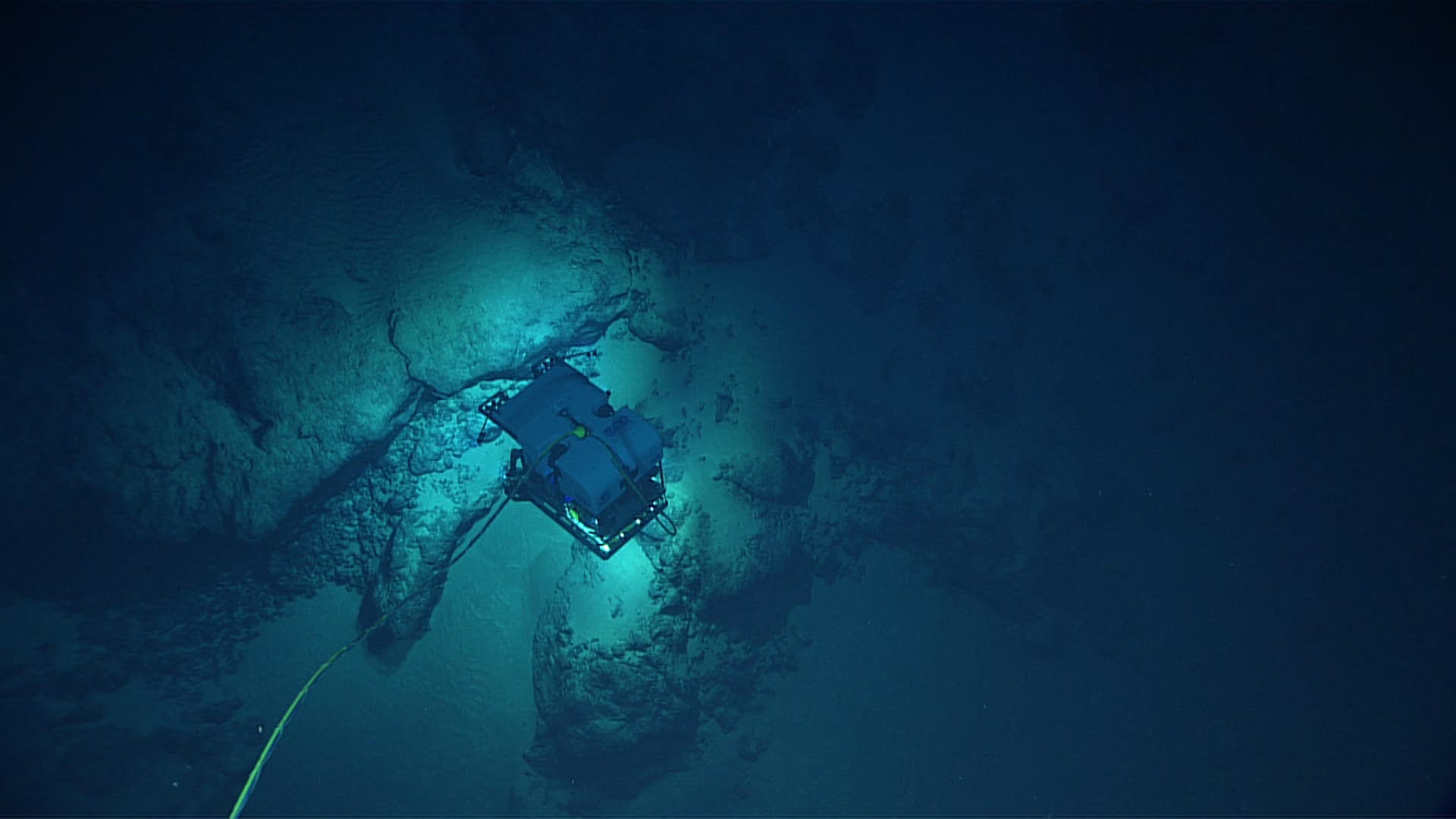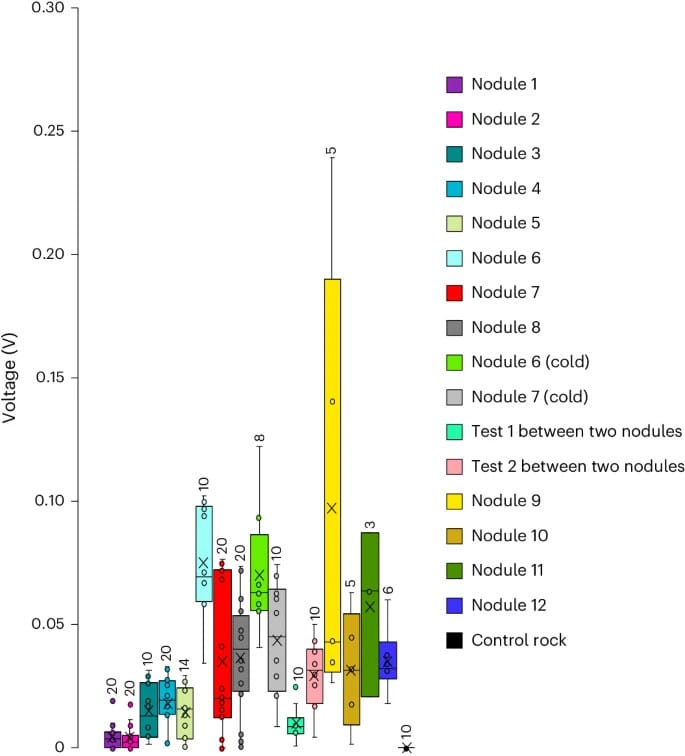Undersea Minerals: not the electrifying discovery thought out to be
A scientific discovery that could change our vision of Life on our planet and beyond.

A few weeks ago, HBO show Last Week Tonight aired an episode about deep sea mining where they exposed how companies and in particular disruptive ones such as TMC, The Metals Company, are searching the ocean floor to find rare-earth elements. Mining companies have begun to look at previously unattainable places in abysses as new potential mineral rich locations now made valuable since the increase in demand for rare-earth minerals.

Researchers have found those minerals inside nodules lying on the deep ocean floor, their layout waiting for companies to just scoop them up seemingly making the industry less polluting and resolving mankind's crisis in transitioning to greener energies. As the show displays, while these places seem barren, they are nonetheless inhabited with life and the machinery employed to displace tons of these little rock formations would undeniably destroy the environment of those organism and microorganisms and we would ultimately lose natural wealth. The company MLC had commanded an environmental study to take a look at the rate of destruction mining these locations would involve and weigh destruction to benefits.
Scientists have now made the groundbreaking discovery that these nodules produce oxygen. Until then, only plants and algae were thought to have this ability, making the progression of life on Earth possibly different from what was previously theorised; oxygen fueled organisms would have only made possible following the spread of the plant kingdom and the ability of its species to metabolise carbon dioxide into oxygen through photosynthesis. The discovery now shakes these preconceptions with the nodules capable of producing oxygen from water molecules using electrical currents.

Such discovery could change, not only our perception of evolution on Earth, but also how we look at life in the Galaxy. When detecting oxygen gas in the atmosphere of exoplanets, excitement was abound because the element could not be found without the intervention of photosynthesis. Now scientists might need to be more cautious, as O2 found on a faraway planet might be the result of rock formation producing the component by itself.
Of course, the company responsible for organising the expedition for that research, TMC, is now trying to refute any of these claims made by scientists as it would greatly undermine their efforts to create valuable mining spots in the abysses and see their investments and raison-d'être vanish.
In the end, such a discovery is something classic science-fiction author J.-H. Rosny aîné would have foreseen in his book [The Death of the Earth](J.-H. Rosny aîné) in which humanity is slowly coming to an end as water retreated from the surface and minerals are organisms that take the life-force out of human bodies.

